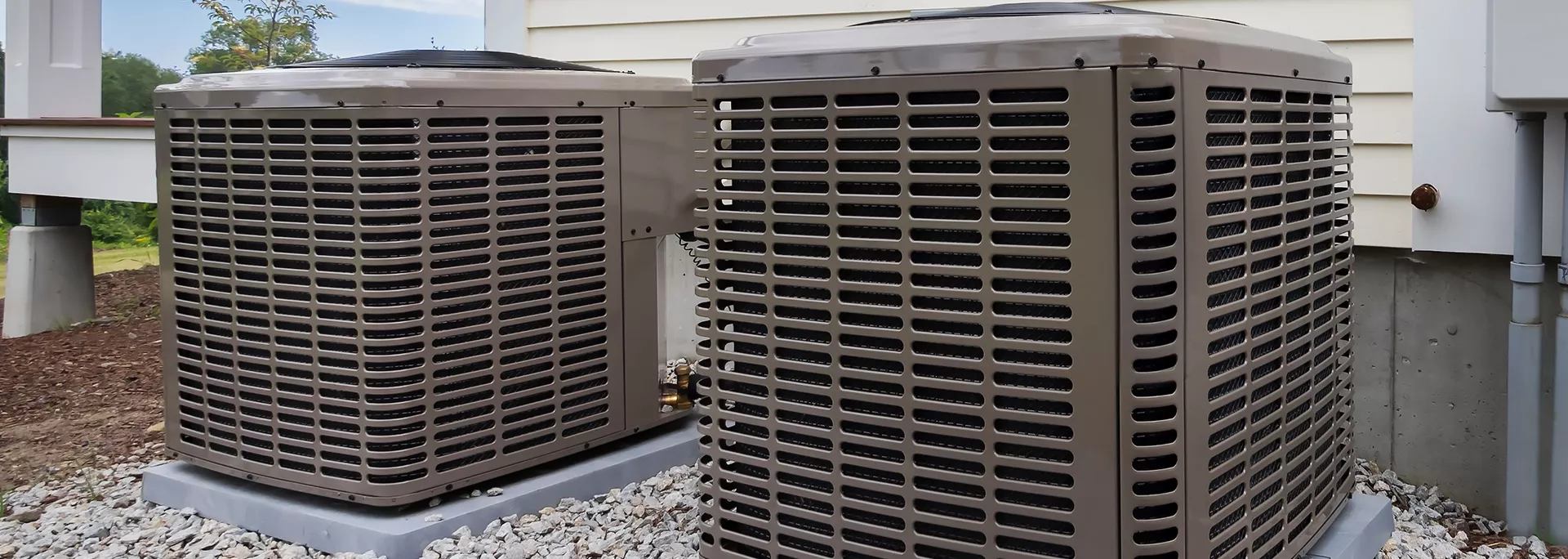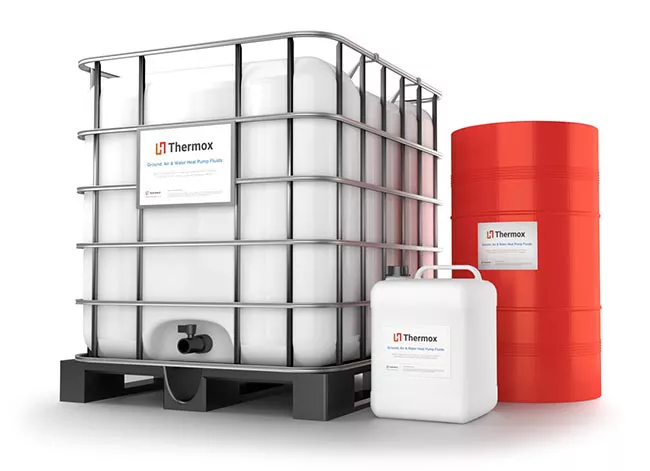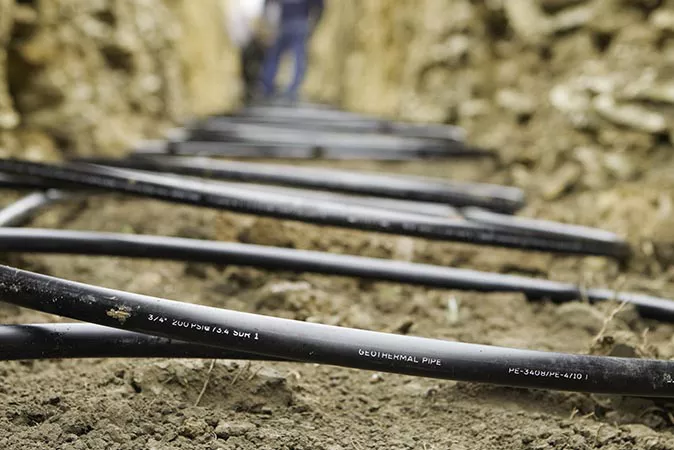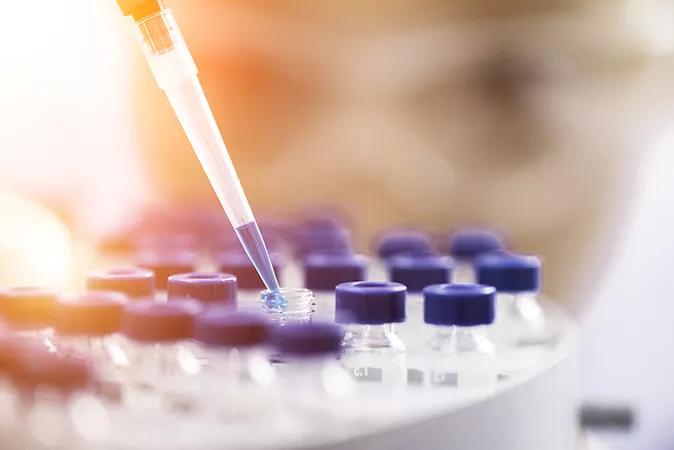Heat transfer fluids: required characteristics
Efficient thermal energy transfer, minimal pumping-energy consumption, long-term preservation of pipework/system components, cost, and minimal environmental impact, all need to be taken into account when selecting the optimum fluid for your heat pump system. To protect outdoor pipework and critical equipment in cold weather, most manufacturers recommend heat pump systems are protected down to around -15°C.
Traditional fluids: advantages and disadvantages
Propylene glycol (PG) based fluids are a popular choice for heat pump systems, based on their non-toxic credentials. Salt-based brines are also in use, often selected for their effective heat transfer properties and low viscosity.
However, both have their drawbacks. PG’s relatively high viscosity makes it more of a challenge to pump. It also has a lower capacity for efficient heat transfer. Recent raw material price hikes have also seen PG price rise by over 250%.
Salt-based brines (Potassium Formate, Acetate – Lower viscosity fluids), are exceptionally corrosive in the presence of oxygen, no matter the inhibitor formulation. They are also particularly ‘searching’, with low cohesive properties and small molecules, known to find even the smallest of openings. Especially those around pump seals, compression joints and manifold connections.
Ethylene glycol (MEG - widely used in car coolant systems) is also considered, but not recommended. It has the best heat transfer rates of all glycols, but it’s high toxicity to humans and animals presents a significant risk in the event of a leak pre/post commissioning.
Thermox DTX: a major step forward in heat transfer
Industry proven to maximise heat recovery, reduce maintenance and lower running costs, Thermox DTX is a high efficiency, non-toxic geothermal heat transfer fluid with antifreeze function, for use in geothermal, GSHP & air source heat recovery systems.
Specified by the most prominent heat pump contractors, installers and designers, Thermox DTX has been commissioned in thousands of commercial and domestic heat pump systems by industry leaders such as Kensa, Nu-Heat and Ideal.
To prevent internal corrosion, scaling and biological fouling all Thermox products are formulated with long-life inhibitors which exceed ASTM D1384 standards.
Switch to Thermox DTX for significant savings
A perfect storm of extreme weather, global pandemic and logistical chaos rocked the world’s chemical markets in 2021, sending raw material costs soaring. Propylene glycol prices have risen by over 250%. Many installers, designers, consultants and manufacturers have switched from PG based fluids to DTX technology.
A potential saving of around 80% per installation could be made if Thermox DTX replaced PG in a proposed heat pump system (protected to -15°C).


















